Apple and Android gain share as Nokia falls
Nokia's market share falls to its lowest since 1997, as Apple and Android sees notable gains.
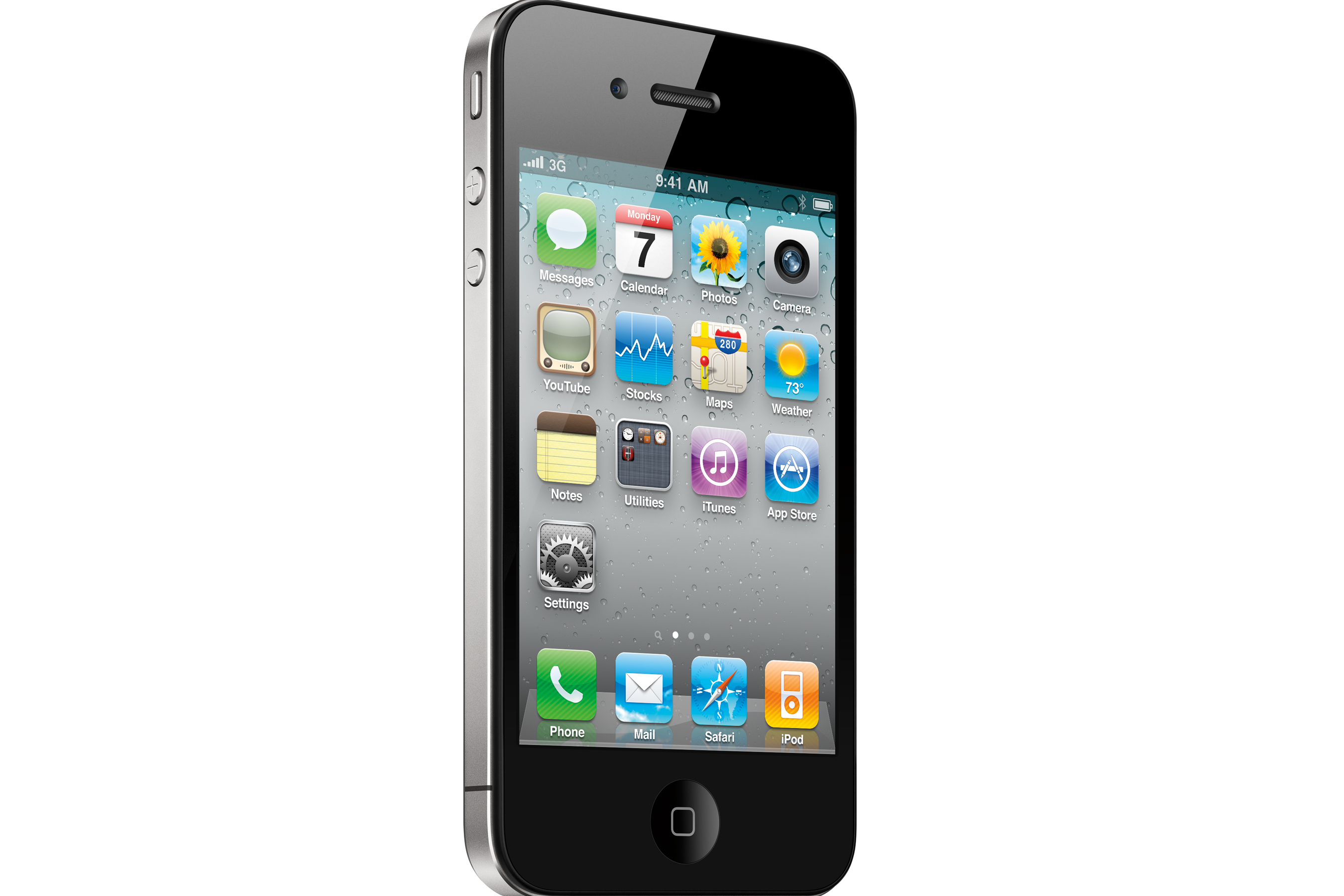

Apple and Android made solid gains in mobile sales during the first quarter, as rivals like Nokia saw declines, according to a Gartner report.
Apple sold 16.9 million iPhone units globally in the first quarter of 2011, pushing its market share up to 3.9 per cent from 2.3 per cent in the same period of 2010.
The firm more than doubled its sales of iPhones year-on-year.
"This strong performance helped Apple consolidate its position as the fourth largest brand in the mobile communication market overall," said Carolina Milanesi, research vice president at Gartner.
"Considering the higher than average price of the iPhone, this is a remarkable result and highlights the impact that a strong aspirational brand can have on a product."
In smartphone sales by operating system, Android was the dominant force, seeing its market share skyrocket from 9.6 per cent to 36 per cent.
A total of 36.2 million Android devices were sold to users in the first quarter of 2011.
Get the ITPro daily newsletter
Sign up today and you will receive a free copy of our Future Focus 2025 report - the leading guidance on AI, cybersecurity and other IT challenges as per 700+ senior executives
HTC's market share went up from 0.9 per cent to 2.2 per cent, selling 9.3 million devices. It was ranked seventh in the overall market.
Despite having its strongest quarter ever, Samsung saw its share decline from 18 per cent to 16.1 per cent. Gartner said the company will be helped by new releases though, such as the highly rated Samsung Galaxy S II.
Overall, mobile communication device sales to end users increased 19 per cent year-on-year.
Nokia decline
Nokia had another bad quarter in terms of market share, falling 5.5 per cent year-on-year. This led to its share being Nokia's lowest since 1997.
The Finnish firm will be hoping its first Windows Phone 7 devices will win users back, although no confirmation has arrived on when these handsets will be available.
In the OS market, Symbian saw its share fall from 44.2 per cent to 27.4 per cent.
Gartner predicted Nokia will drastically lower prices in areas where service providers control sales channels, as it looks to maintain shipments of Symbian phones.
Towards the end of last month, Nokia cut 4,000 jobs and sent another 3,000 over to Accenture as part of a Symbian partnership.
Tom Brewster is currently an associate editor at Forbes and an award-winning journalist who covers cyber security, surveillance, and privacy. Starting his career at ITPro as a staff writer and working up to a senior staff writer role, Tom has been covering the tech industry for more than ten years and is considered one of the leading journalists in his specialism.
He is a proud alum of the University of Sheffield where he secured an undergraduate degree in English Literature before undertaking a certification from General Assembly in web development.
-
 Bigger salaries, more burnout: Is the CISO role in crisis?
Bigger salaries, more burnout: Is the CISO role in crisis?In-depth CISOs are more stressed than ever before – but why is this and what can be done?
By Kate O'Flaherty Published
-
 Cheap cyber crime kits can be bought on the dark web for less than $25
Cheap cyber crime kits can be bought on the dark web for less than $25News Research from NordVPN shows phishing kits are now widely available on the dark web and via messaging apps like Telegram, and are often selling for less than $25.
By Emma Woollacott Published
-
 Nokia hails success of Europe’s first commercial 5G cloud RAN deployment
Nokia hails success of Europe’s first commercial 5G cloud RAN deploymentNews Elise says its 5G cloud network puts it in a strong position during a move towards 6G
By Emma Woollacott Published
-
 Kyndryl and Nokia extend partnership to drive data center networking gains
Kyndryl and Nokia extend partnership to drive data center networking gainsNews The companies plan to offer more data center networking options aimed at enterprise customers
By Emma Woollacott Published
-
 Power supply shortages are a ticking time bomb for data center operators
Power supply shortages are a ticking time bomb for data center operatorsNews Two-fifths (40%) of data centers will face constraints in power availability by 2027.
By George Fitzmaurice Published
-
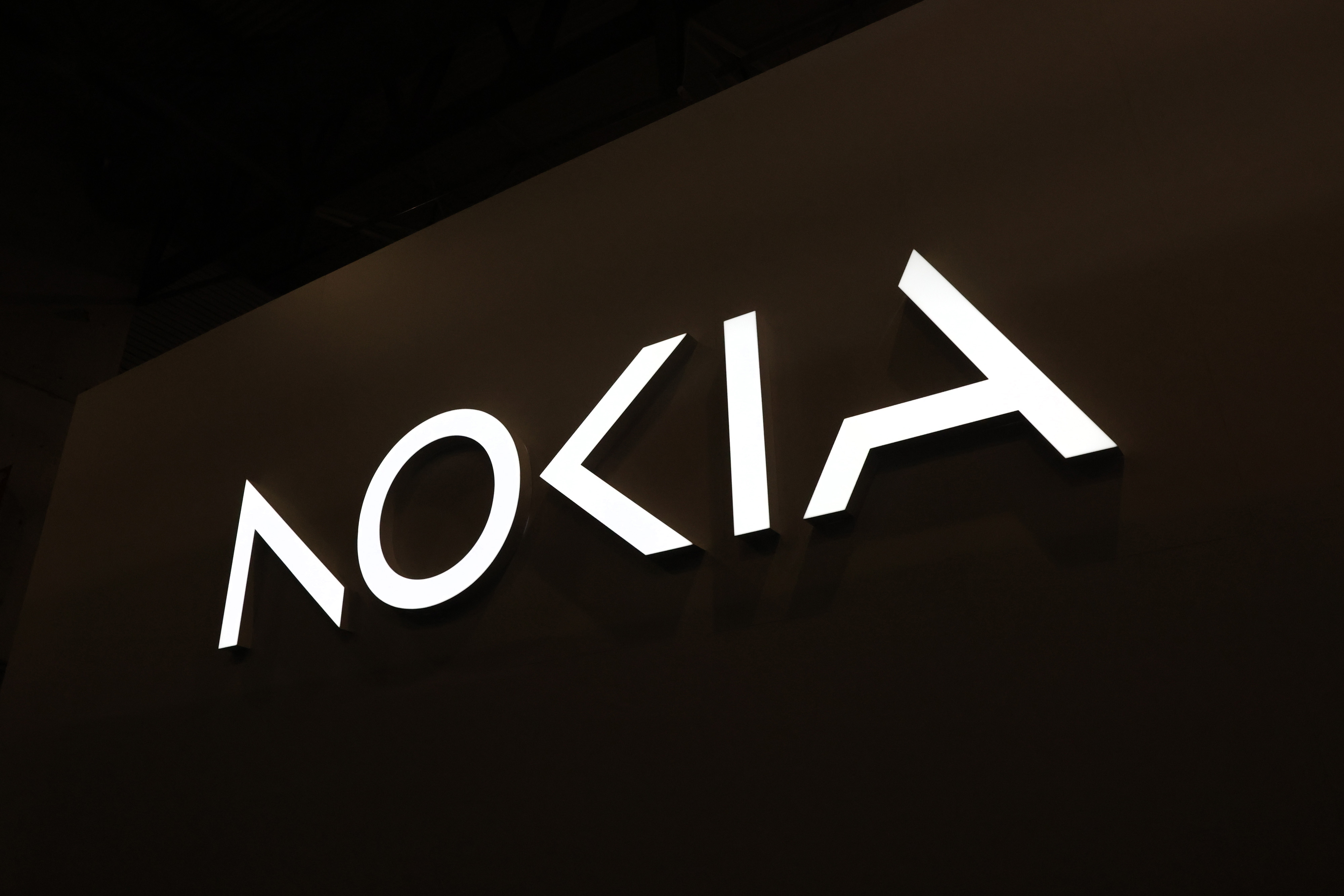 Dell and Nokia expand strategic partnership to drive network cloud transformation
Dell and Nokia expand strategic partnership to drive network cloud transformationNews The companies will leverage each other’s expertise and distribution to scale telecom networks and private 5G use cases
By Daniel Todd Published
-
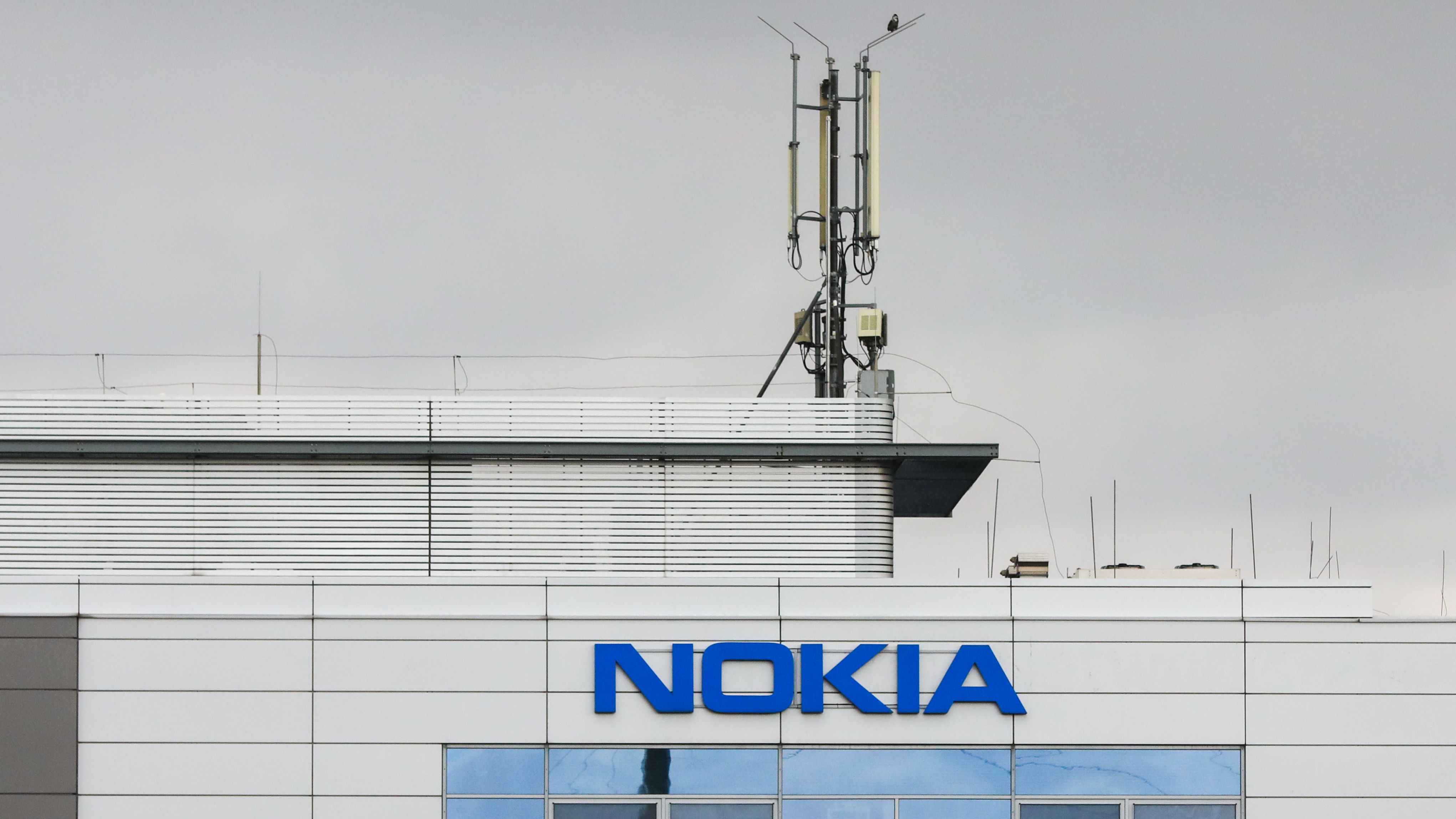 Nokia and Google score breakthrough in Android 13 network slicing
Nokia and Google score breakthrough in Android 13 network slicingNews Nokia's solution will allow devices to connect to multiple network slices simultaneously, provided by existing 4G and 5G operators
By Rory Bathgate Published
-
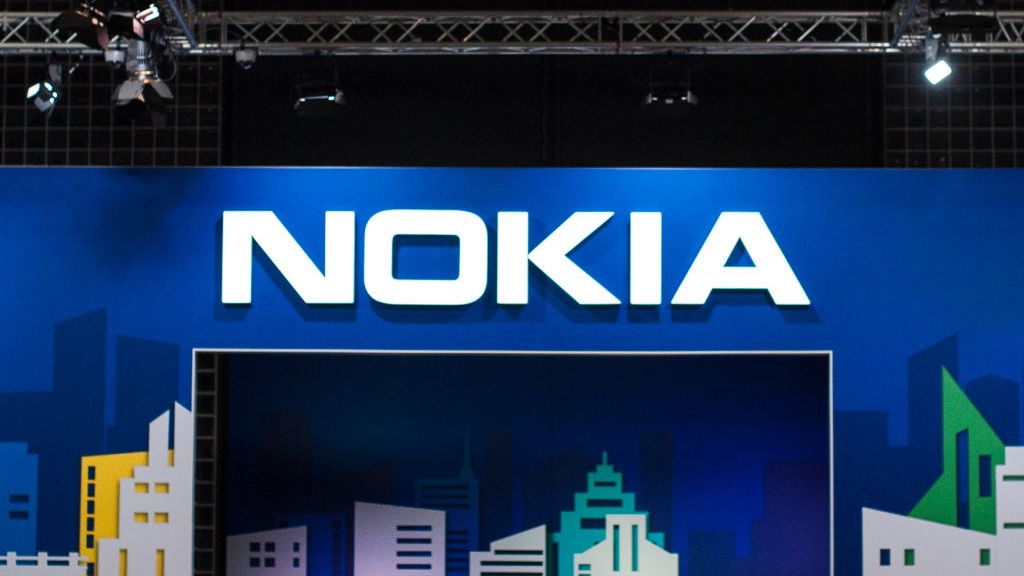 Nokia wins Indosat contract to expand 5G across Indonesia
Nokia wins Indosat contract to expand 5G across IndonesiaNews The deal will bring next-gen communication technology to customers across a 1.4 million square kilometre area
By Praharsha Anand Published
-
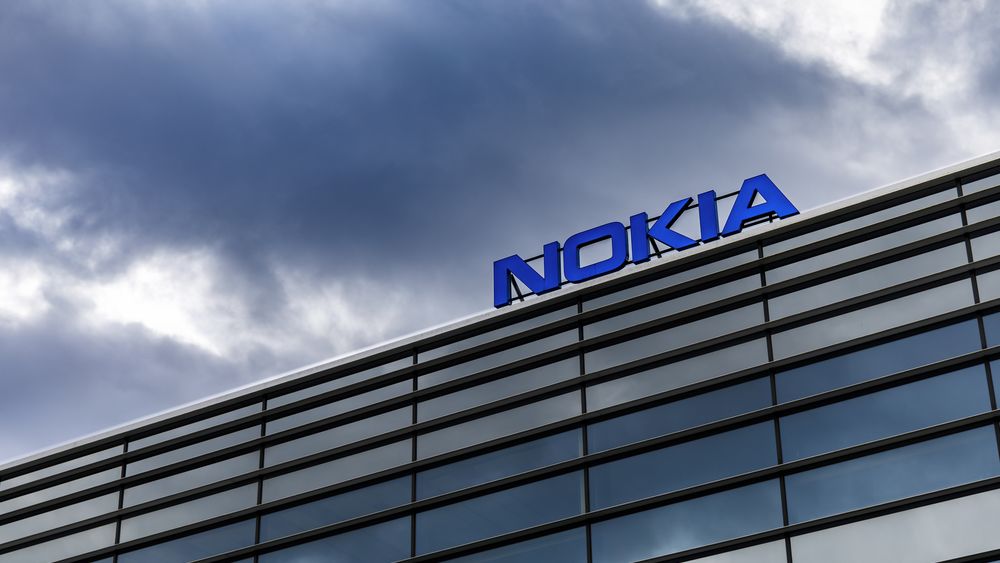 Nokia and Ligado partner on 4G, 5G enterprise private network
Nokia and Ligado partner on 4G, 5G enterprise private networkNews Nokia will leverage Ligado’s Band 24 spectrum to reach the US enterprise market
By Praharsha Anand Published
-
 The IT Pro Products of the Year 2021: The year’s best hardware and software
The IT Pro Products of the Year 2021: The year’s best hardware and softwareBest Our pick of the best products from the past 12 months
By IT Pro Published